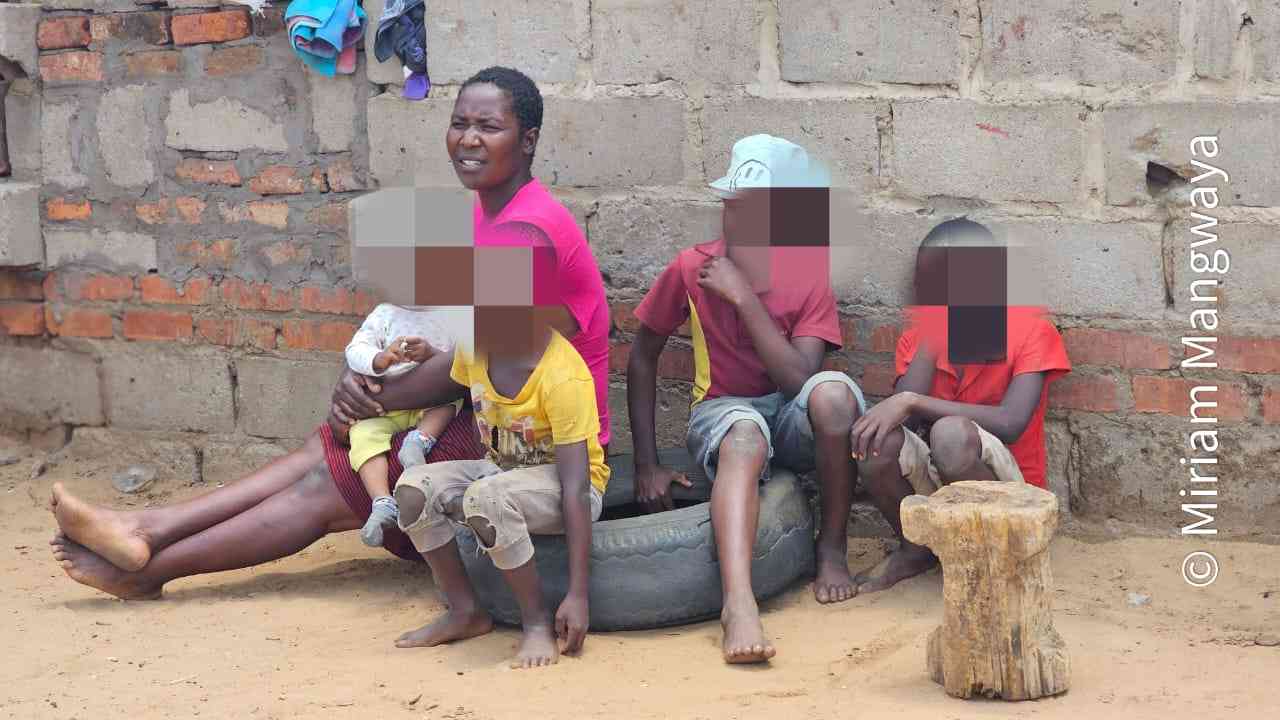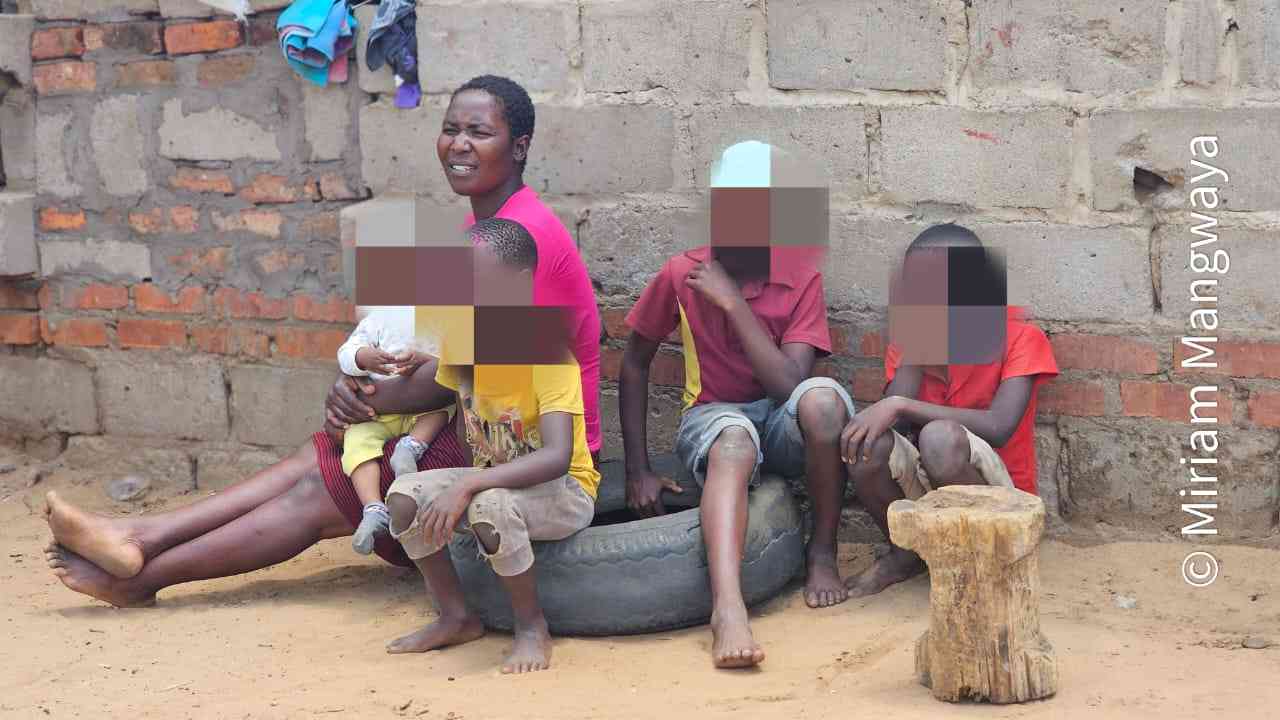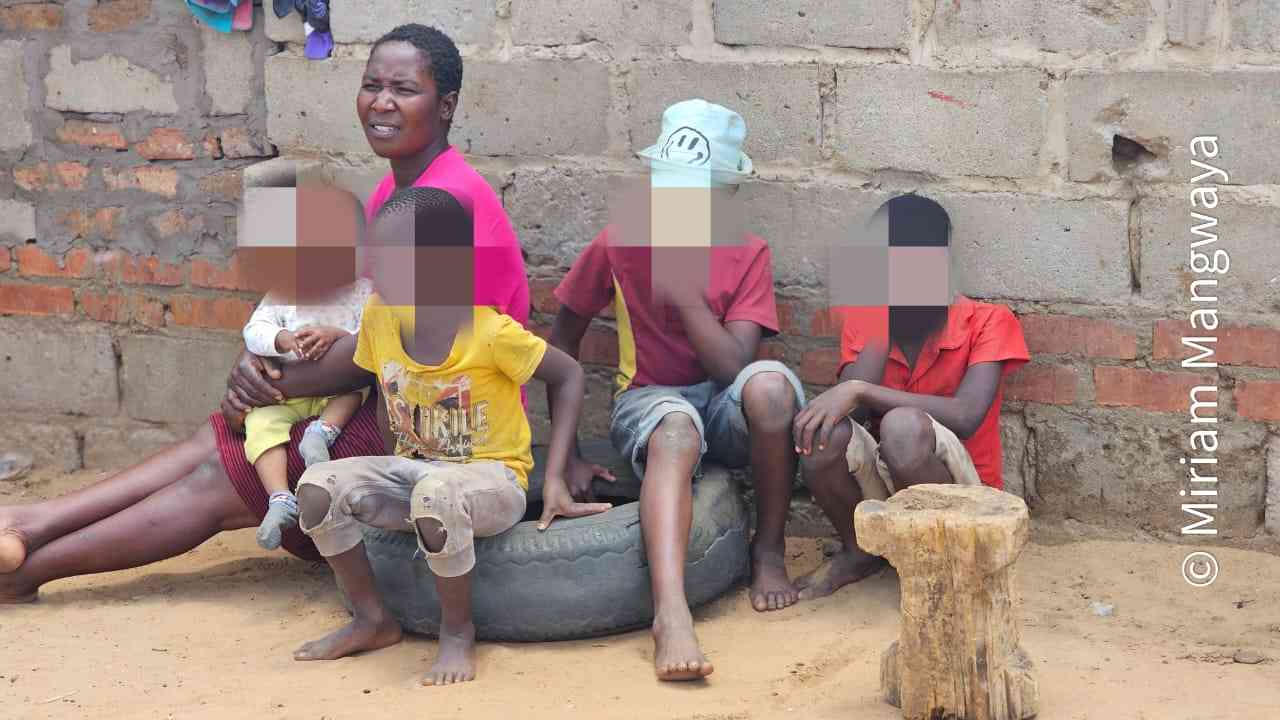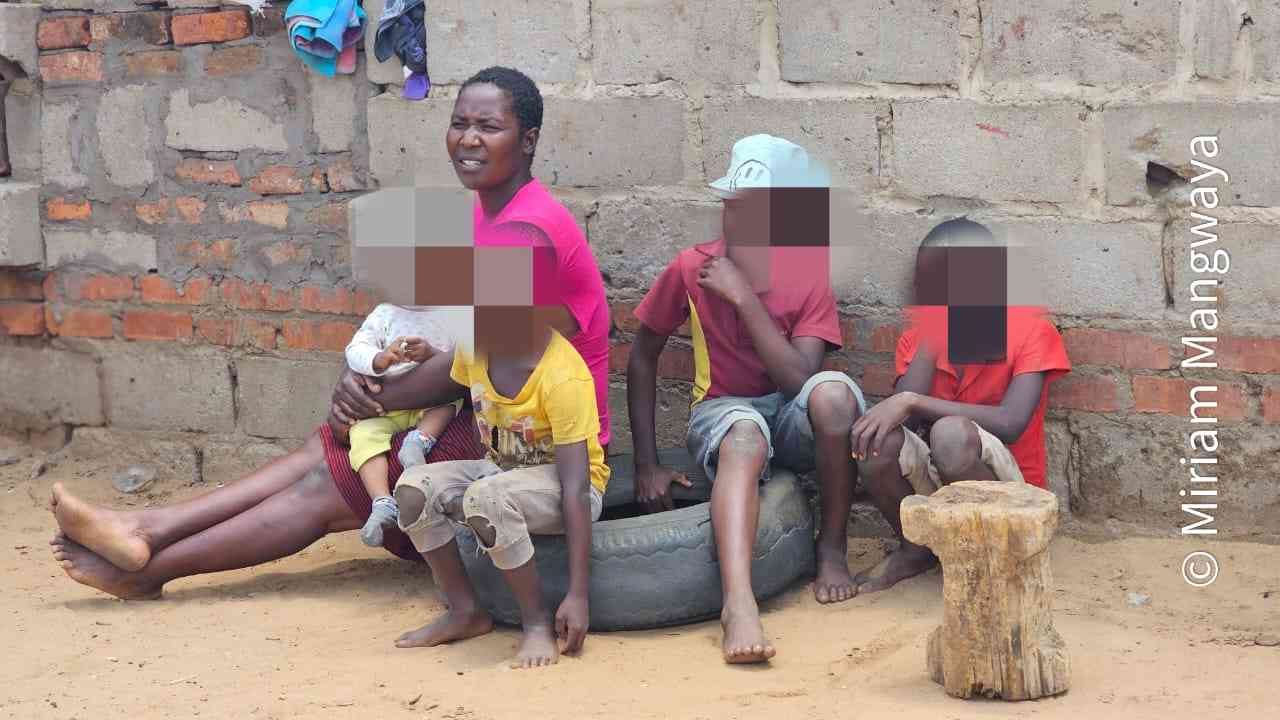
A GROWING number of men are reportedly abandoning their families due to rising poverty levels, NewsDay has established.
This emerged during a media tour of Lupane and Binga districts in Matabeleland North province to assess the impact of an Emergency Social Cash Transfer (ESCT) programme, which supports vulnerable families across the country.
Some 25 000 vulnerable families have benefited from ESCT programme, which was implemented by UNICEF and the Ministry of Public Service, Labour and Social Welfare and World Vision with financial support from the Government of Germany through the KfW Development Bank to enhance dietary diversity and improve the nutrition status of children.
The programme, which was implemented in eight urban areas across the country, provided vulnerable families with monthly cash transfers of US$12 per individual to a maximum of four people per household to cushion them from the impact of the COVID-19 pandemic.
Most of the female beneficiaries who spoke to NewsDay said they had been abandoned by their unemployed spouses and left with the burden of fending for their families.

Latest statistics by the Zimbabwe National Statistics Agency also show that the unemployment rate increased to 21% from 19% in the third quarter of this year.
- Thousands flee economic mess
- Disband RBZ: Hanke
- 40 000 enumerators threaten legal action
- Zimbos don't want to burden SA's health system
Keep Reading
Rumbidzai Muvengwa (32), of King Lobengula residential suburb in Lupane, said the cash transfers had rescued her from the burden of fending for five children after her husband left home last year.
“I do not know where my husband is,” Muvengwa said.
“He just left home and I had no one to look up to, until I was listed as a beneficiary for the ESCT. It came in handy as I managed to provide food for my five children and also pay fees for those going to school.”

Another beneficiary, Georgina Siamwana (49), of Intale Fishing Camp in Binga, said she had never enjoyed support of her estranged husband.
“My children are already adults and I have never had the support from my spouse,” she said.
“Right now, I am taking care of my daughter’s child, whose father is also not taking care of her.”
Unicef Zimbabwe social policy manager Andrew Kardan said some households had utilised the funds for income-generating projects.
“Some households went beyond buying food and supported their children’s education through paying school fees. Some also used the money received to pay for medical bills,” Kardan said.
“We also witnessed some good initiatives from some benefiting households saving some of their benefits to start up livelihood projects, which is very commendable. With additional support and through capacity building initiatives, these households can be empowered to improve their vulnerability status.”

Public Service ministry family and social protection deputy director Joseph Tirivavi said: “The ESCT was meant to cushion vulnerable groups and households that had lost their source of income during the pandemic.
“It targets vulnerable households which are food poor, that is, are having one meal or no decent meal per day. Labour constraint households with no person aged 19 to 59 years of age who is able bodied to do productive work so as to fend for the household were also targeted.”










